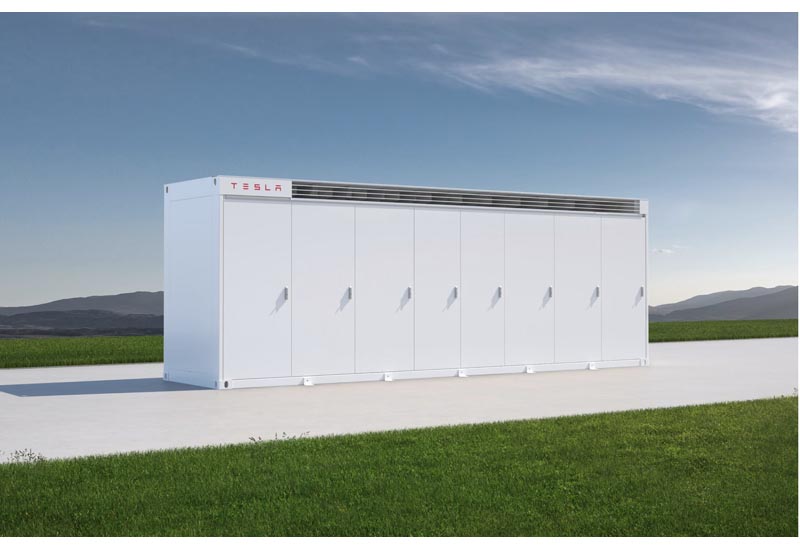A massive $150 million Tesla Megapack battery system in Queensland, Australia suffered a fiery failure during the final commission testing phase this week. The giant battery backup was designed to store renewable energy from a major solar farm to power over 30,000 homes. But the melting mishap now puts battery viability into question.
According to Tesla and energy company Neoen, the Megapack system was undergoing routine pre-operational testing when faulty circuitry triggered cascading thermal runaway in one containerized battery module. Despite built-in fire suppression systems engaging, the fiercely hot fire ultimately consumed the entire Megapack.
Thankfully no one was injured in the controlled site blaze as emergency crews monitored the troublesome battery burn-out from a cautious distance. High-dollar meltdown raises concerns over risks associated with massive battery deployments, especially those close to neighborhoods.
However, examining broader statistics paints a more positive outlook on actual large-scale battery safety. Across all of Tesla’s grid-tied battery installations since the technology’s inception, the failure rate in 2022 amounted to less than 0.001 percent. So incidents like the Queensland Megapack anomaly remain extraordinarily rare over hundreds of cumulative operational years.
As with any budding technology seeing accelerated real-world rollout, refinements and safeguards will continue maturing to drive failure rates progressively lower. But expectations for absolutely perfect reliability should be tempered when pioneering complex systems integrating flammable chemistry, extreme voltages, and intricate software.
The bigger picture likelihood still overwhelmingly favors batteries playing a crucial role in enabling wide renewable energy adoption while preventing dangerous grid blackouts. Tesla alone has deployed over 300 Megapack sites totaling over 7 GWh of storage with 99.999% smooth running.
So rather than condemning batteries as unsafe tinderboxes, the Queensland fire should guide designers toward further hardening protections and stability. Modest setbacks today help instill greater resiliency over the long run. Because even as related risks shrink, society’s dependence on batteries holding literal tons of energy grows exponentially.
Related Posts: Tesla Cuts Megapack Price to $1.32 Million, Increases Installation Costs in Pricing Shift
